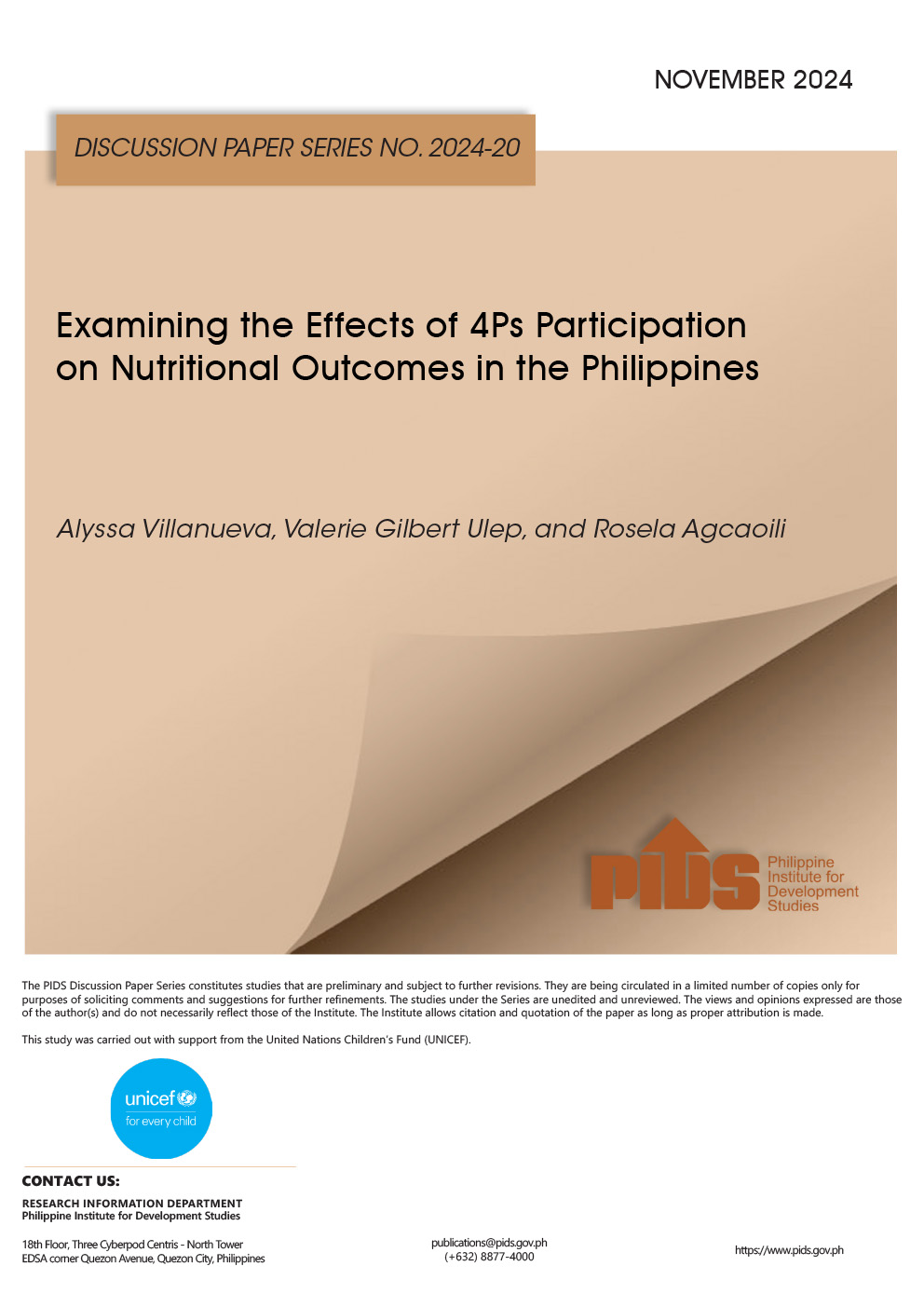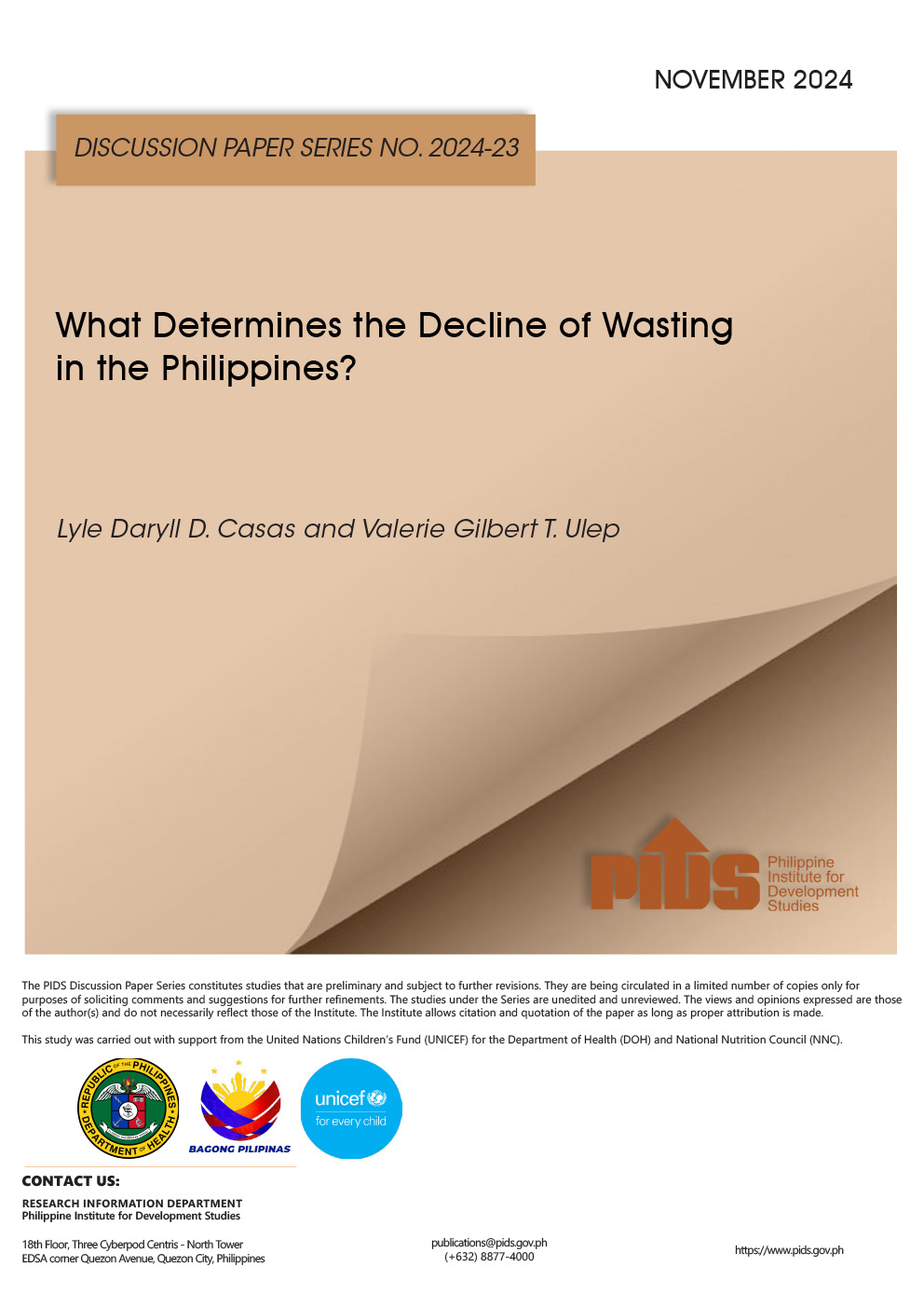The Philippines has unveiled a P51-billion aid package for middle class workers employed by small businesses affected by COVID-19.
“The proposal is we provide small businesses with a wage subsidy. Basically, we are going to help the middle class because one of of the president’s speeches a few days ago, he said he wanted to help the middle class,” Finance Undersecretary Karl Chua said in a televised address with President Rodrigo Duterte.
The aid will be directed to businesses identified through agencies such as the Bureau of Internal Revenue and the Social Security System, Chua said.
The P51-billion subsidy is apart from the P205-billion to be given to the informal sector or low-income families.
Chua said the Luzon-wide enhanced community quarantine has affected about 1.6 million small businesses in the formal sector.
Of the 1.6 million, 436,000 have been forced to shut down operations, while 117,000 remain open.
Earlier, Duterte ordered his economic team to look at the possibility of including the middle class in the government's cash subsidy program.
According to a 2018 study by the Philippine Institute for Development Studies, a non-stock, nonprofit government corporation that serves as the government's primary socioeconomic policy think tank, 40 percent of the country’s population belong to the middle-income class.
It categorized the middle class as those who have a monthly family income of between P19,040 to P114,240 at 2017 prices.
Meanwhile, presidential adviser Joey Concepcion said it was time to “gradually shift” towards planning to resume business operations.
“There is no doubt that life is the most important, but however without money how will people eat how will people buy medicine and how will our MSMEs recover?”
While he acknowledged Duterte’s implementation of a lockdown is the “right thing,” Concepcion said it was also important to bring back the economy in a sustainable way.
“Now is the time that we should really look and plan on how to gradually shift towards reviving the economy because in the end, social amelioration cannot last forever,” he said.
“The proposal is we provide small businesses with a wage subsidy. Basically, we are going to help the middle class because one of of the president’s speeches a few days ago, he said he wanted to help the middle class,” Finance Undersecretary Karl Chua said in a televised address with President Rodrigo Duterte.
The aid will be directed to businesses identified through agencies such as the Bureau of Internal Revenue and the Social Security System, Chua said.
The P51-billion subsidy is apart from the P205-billion to be given to the informal sector or low-income families.
Chua said the Luzon-wide enhanced community quarantine has affected about 1.6 million small businesses in the formal sector.
Of the 1.6 million, 436,000 have been forced to shut down operations, while 117,000 remain open.
Earlier, Duterte ordered his economic team to look at the possibility of including the middle class in the government's cash subsidy program.
According to a 2018 study by the Philippine Institute for Development Studies, a non-stock, nonprofit government corporation that serves as the government's primary socioeconomic policy think tank, 40 percent of the country’s population belong to the middle-income class.
It categorized the middle class as those who have a monthly family income of between P19,040 to P114,240 at 2017 prices.
Meanwhile, presidential adviser Joey Concepcion said it was time to “gradually shift” towards planning to resume business operations.
“There is no doubt that life is the most important, but however without money how will people eat how will people buy medicine and how will our MSMEs recover?”
While he acknowledged Duterte’s implementation of a lockdown is the “right thing,” Concepcion said it was also important to bring back the economy in a sustainable way.
“Now is the time that we should really look and plan on how to gradually shift towards reviving the economy because in the end, social amelioration cannot last forever,” he said.












